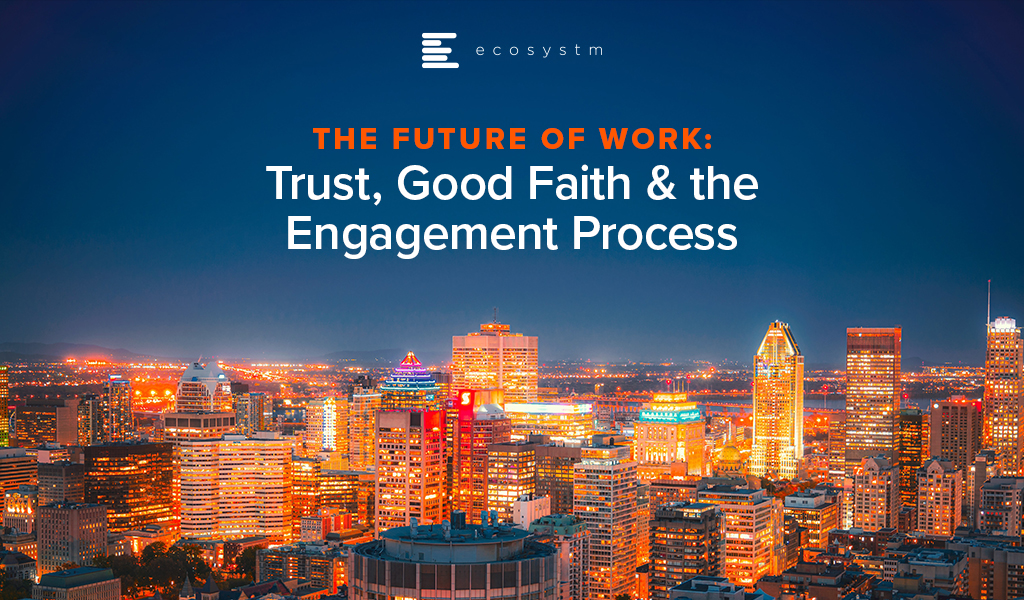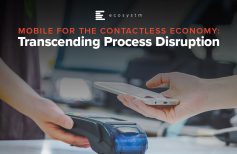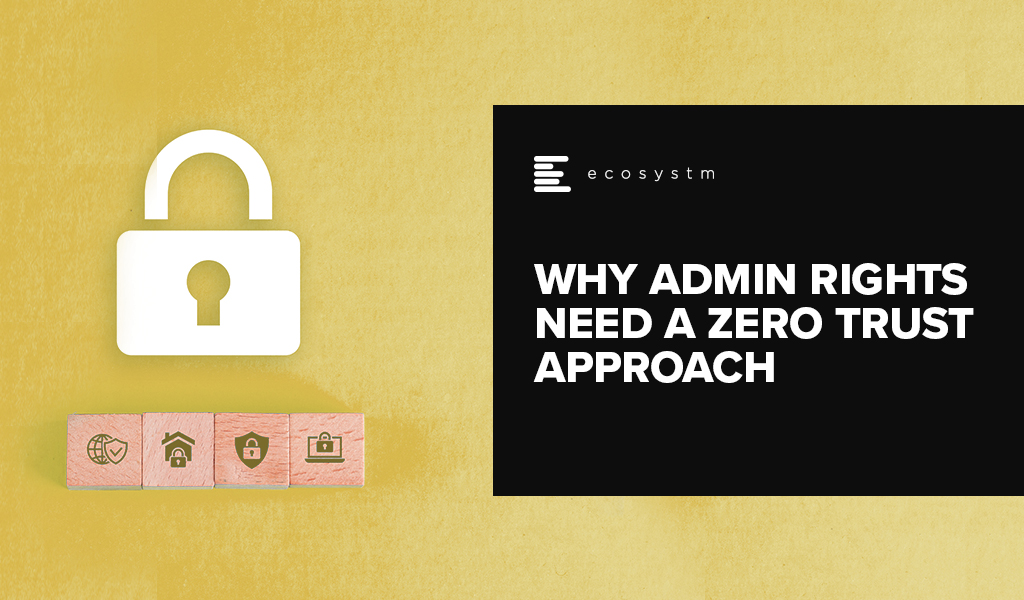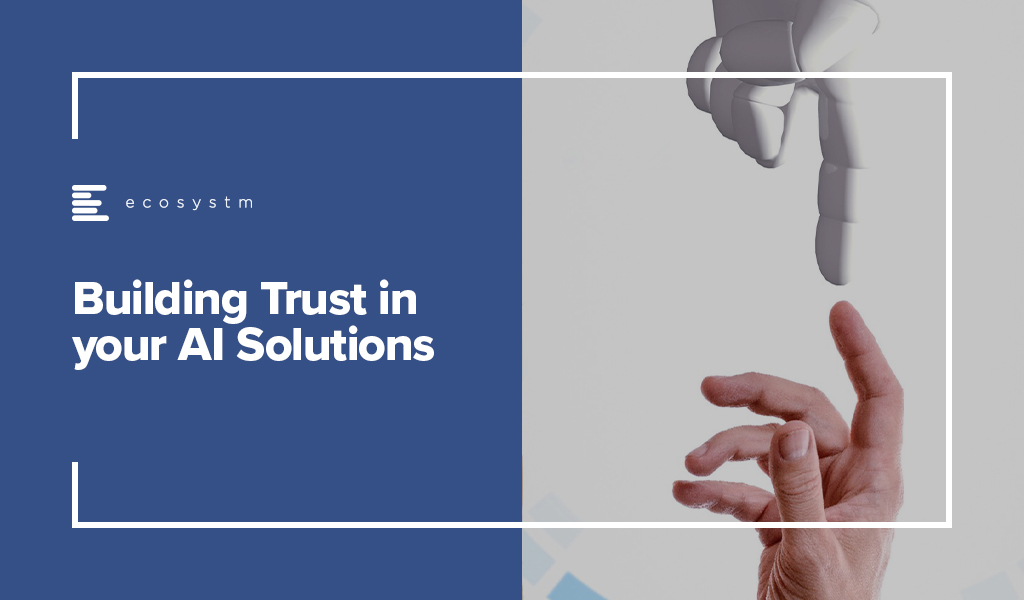
Many opinions exist on how automation and machine learning will help our return to the office environment. Removing physical touchpoints and leveraging machine learning to trace employee behaviour can help with the transition back to the workplace. But will people trust the office’s automated suggestions on where to work in the building, or help themselves to alternative workspaces?
Processes & Trust for People Engagement
Organisations such as Disney and Amazon understand what kinds of processes and trust it takes to engage people. These organisations took their time to create a vision of the contactless trusted experience before developing an implementation plan. The RFID wristbands at Disney that open hotel doors and get you on to rides involve many elements of trust and privacy. The automated order and delivery tracking of Amazon, along with suggestions and buying patterns, require the person to opt-in and share information to make happen.
So for your company, once employees re-enter the workplace, how will your company create those processes, that level of trust and faith, that would allow movements and health status to be tracked by office automation? For example, how often should employees overtly be aware of their temperature being scanned?
Abilities of Buildings to Manage
Facilities management is trending towards intelligent building management systems (iBMS) which know about room occupancy, room hygiene and are tracking who has been where and with whom. Elevators will limit occupancy and direct users to the correct lift going to the correct location. I have already seen this in our city hospital where you get directed to the correct lift once you have entered information on your destination. This combines user interface devices such as touchless pads, system hardware, and access control management software.
The building can also possibly direct you via a building app to request a place to work. You could swipe your personnel card and then be shown several options based on your personal profile and job role, including private quiet rooms, communal areas, and outside meeting tables. Previous occupants can be noted to share hygiene tracing if necessary. Intelligent buildings already offer direct support to the employees who interact with them for HVAC, lighting control, and occupation sensor. They have the ability to reduce user friction while raising workplace experience metrics to create a measured environment.
User Trust & Participation
Users should be willing to participate to get access. To create the trust that is required for employees to be willing to participate in the process, companies need to share policies and demonstrate stewardship of the data accessed. Who is holding my locational data, for how long, and for what purpose?
Trust facilitates successful data sharing, which in turn reinforces trust. Trust is built when the purpose of data sharing is made clear, and when those involved in the process know each other, understand each other’s expectations, and carry out their commitments as agreed. Trust increases the likelihood of further collaboration and improves core surveillance capacity by supporting surveillance networks.
Conclusion
Will we put our trust in buildings and facilities management on our return to the office? If communication is clear and policy well articulated, the building can play a role in engaging users to return to some standards of in-office participation. But if communication is muddy and policy not made clear, people will make their own way to safety – potentially impacting the environment of others.
Transform and be better prepared for future disruption, and the ever-changing competitive environment and customer, employee or partner demands in 2021. Download Ecosystm Predicts: The top 5 Future of Work Trends For 2021.







